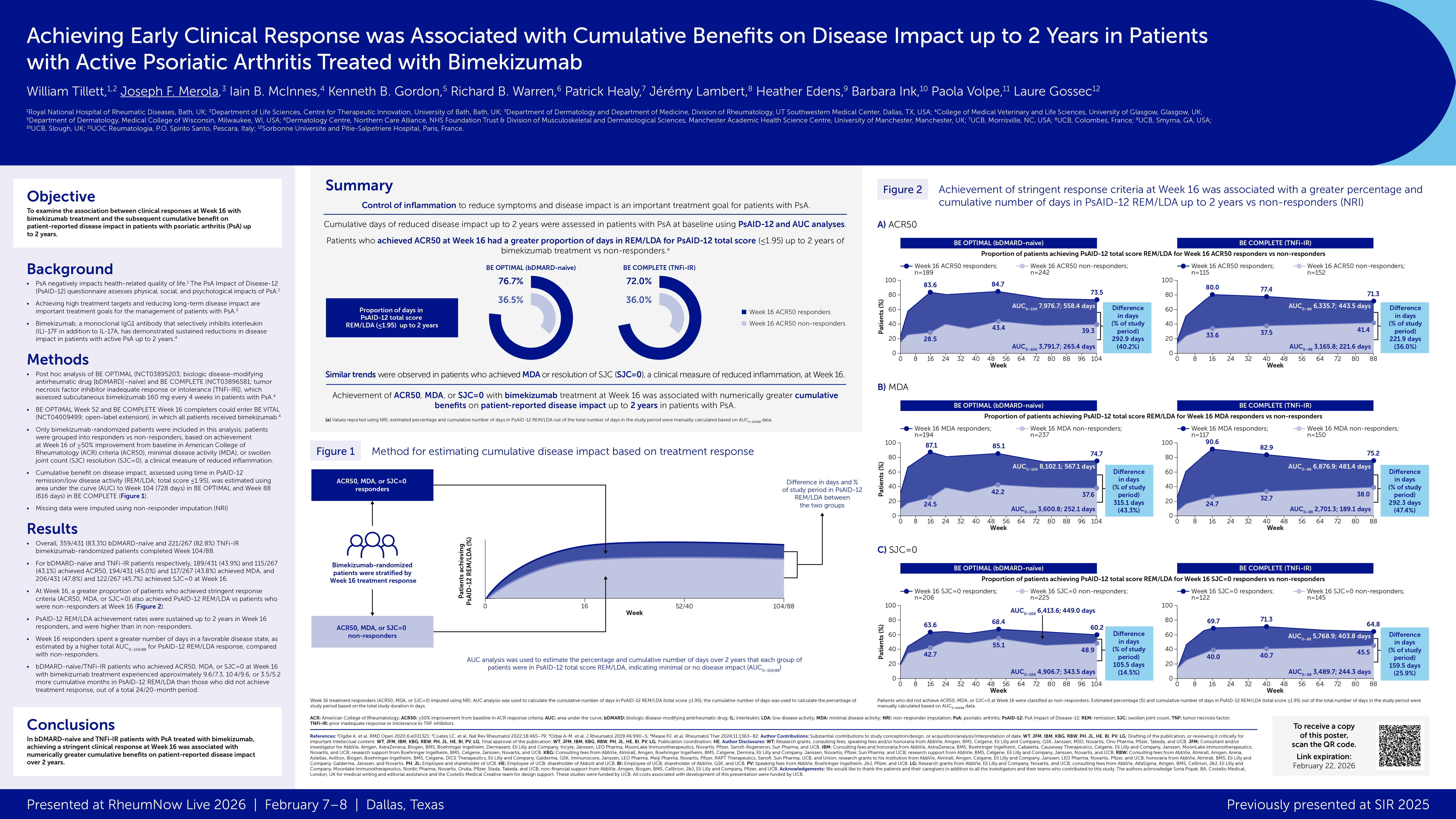Less Mortality with GLP-1 Agonists in Rheumatic Patients Save

A recent article in PLOS ONE has shown that treatment of type 2 diabetes (NIDDM) with glucagon-like peptide-1 receptor agonists (GLP-1-RAs) was associated with a significant lowering of risk of all-cause mortality and major adverse cardiovascular events (MACE) in patients with immune-mediated inflammatory diseases (IMIDs) and type 2 diabetes.
A population-based cohort study using administrative health data from British Columbia looked at NIDDM patients who also had an IMID (i.e., rheumatoid arthritis, psoriatic disease, ankylosing spondylitis, inflammatory bowel disease, or a systemic autoimmune rheumatic disease) and newly initiated a GLP-1-RA or dipeptidyl peptidase-4 inhibitors (DPP-4is) between 2010 and 2021. The primary outcome was all-cause mortality with MACE as a secondary outcome. MACE included cardiovascular death, myocardial infarction, and ischemic stroke.
They studied 10,855 adults with IMIDs and type 2 diabetes. Compared to those receiving DPP-4is, IMID patients on GLP-1-RAs had a lower all-cause mortality rate (HR 0.48; [CI], 0.31-0.75) and a lower rate of MACE with GLP-1-RA exposure (HR 0.66; 0.50-0.88).
GLP-1-RA agents are effective in NIDDM management, but when also applied to a variety of rheumatic (IMID) patients they appear to consistently lower risk of all-cause mortality and MACE compared comparators.












If you are a health practitioner, you may Login/Register to comment.
Due to the nature of these comment forums, only health practitioners are allowed to comment at this time.